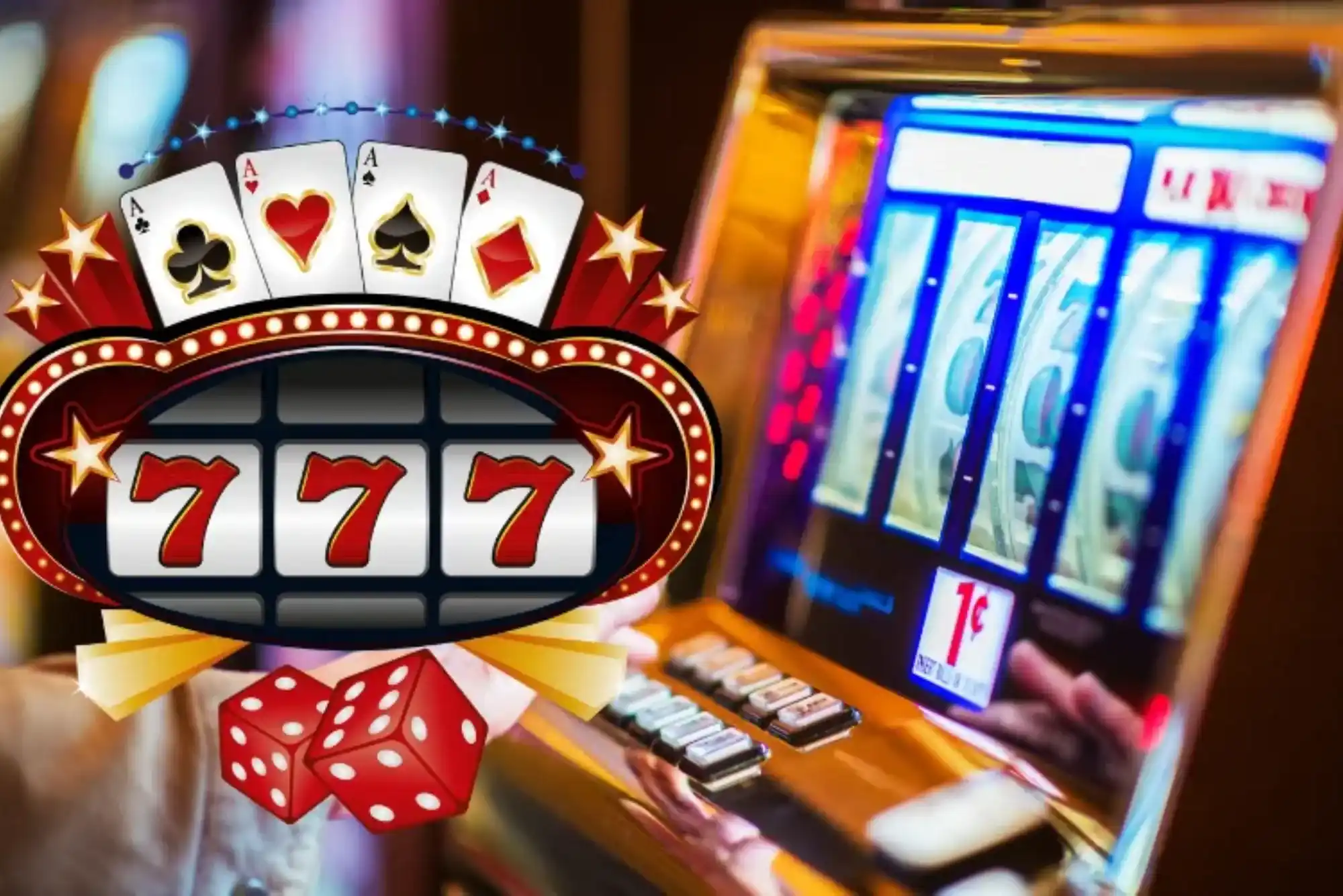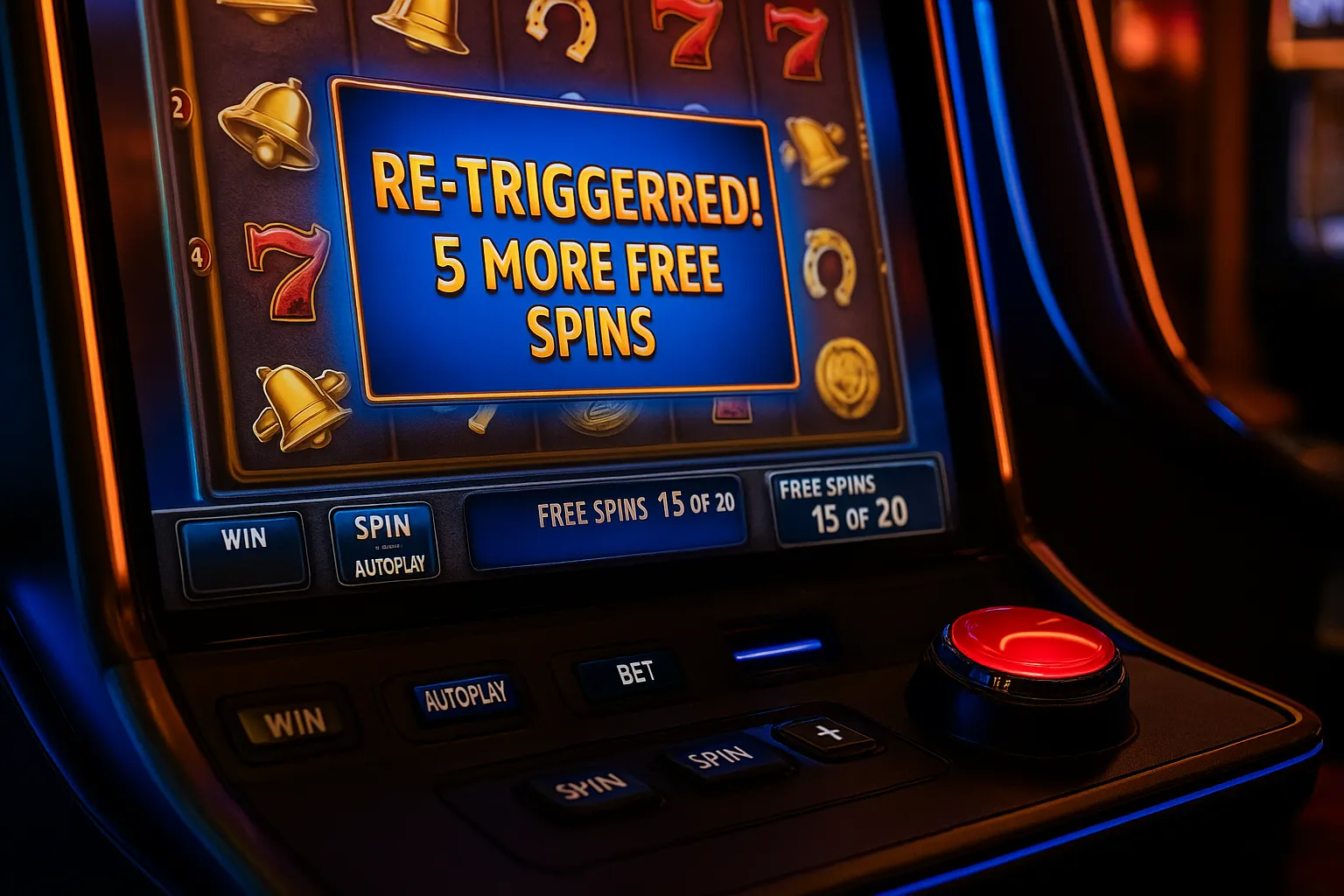The UK gambling landscape is no stranger to change. From traditional fruit machines to cutting-edge crash games and online video slots, innovation continues to shape how we interact with games of chance. One of the most debated topics in recent years is whether skill-based features are allowed in UK slot machines. Can a player’s skill truly influence the outcome of a spin? Or does it all still fall under regulated chance-based gameplay?Let’s dive into the legal, technical, and practical sides of this evolving topic and discuss how modern innovations like crash games fit into the picture.
Understanding Traditional Slot Machine Regulations in the UK
To grasp the legality of skill-based features, we must first understand how gambling is defined under UK law. The Gambling Act 2005, governed by the UK Gambling Commission (UKGC), lays down the framework for what constitutes a gambling activity. A key factor is the role of chance versus skill.
Under this law, games of pure chance are tightly regulated, especially when offered for money. This is why all online and offline slot machines in the UK must be licensed and tested for fairness. But what about games that blend chance and skill?
Here lies the gray area. If skill can influence the result in a meaningful way—say, like in a poker game or a trivia contest—then it might be considered outside the strict definition of gambling. However, most UK slot games still rely heavily on RNGs (random number generators), which means outcomes are, by design, unpredictable and not influenced by user skill.
Are Skill Features Really Legal in UK Slots?
Yes—but there’s a catch. Skill features are legal in UK slots, as long as the game as a whole still complies with gambling regulations. These features are typically bonus rounds, mini-games, or interactive elements where a player’s decisions or timing can affect the reward. Think of a “pick-a-box” bonus where you choose one out of three prizes, or a timed puzzle that gives more coins the faster you solve it.
The UKGC allows these skill-based features provided they don’t mislead players into thinking they can beat the house through skill alone. Transparency is key. The game’s promotional materials and mechanics must clearly explain that while some influence is possible, the outcome remains largely chance-based.
Slot developers have leaned into this by introducing “perceived skill” rather than “actual skill.” This creates engaging gameplay without affecting payout structures. A good example would be a wheel you stop at a certain point, but the prize is predetermined regardless of your timing.
The Rise of Crash Games in the UK
Crash games are a fascinating addition to the discussion. Unlike traditional slots, crash games—which are becoming increasingly popular among online players—introduce a real-time betting experience where players must cash out before a multiplier “crashes.” The longer you wait, the higher the potential payout. But if you wait too long, you lose everything.
At first glance, this seems like a clear skill-based game. After all, the timing of the player’s decision is what determines the outcome. However, UK regulators still classify crash games as gambling, because the multiplier’s crash point is determined by an RNG and is unknown to the player.
So, while the decision to cash out involves nerve and judgment, it still operates in a chance-based environment. That’s why crash games are subject to the same licensing and compliance rules as slot machines, despite their arcade-style interface and quick action.
Skill vs. Perception: How It Affects Player Psychology
The debate over skill features isn’t just legal—it’s also psychological. Game designers know that players enjoy the feeling of control, even if the outcome is random. Features that simulate skill, like aiming, tapping, or quick-time events, enhance player engagement. However, they can also blur the line between entertainment and gambling, especially when real money is involved.
This has led the UK Gambling Commission to crack down on misleading representations. If a game gives the impression that a player can “learn” or “train” to improve their winnings, it must be carefully examined. Advertisements cannot suggest that success is achievable through effort if the outcome is determined by chance.
For example, a crash game platform can’t market itself like a skill-based arcade where practice leads to better results. The regulators see this as irresponsible gambling promotion, and rightly so.
What Developers Need to Know
If you’re a game developer creating UK-facing slots, you can absolutely include skill features—but tread carefully. Here are a few practical insights based on current regulations and trends:
Test all skill-based features through approved labs to ensure compliance with RTP disclosure and fairness.
Be transparent in marketing, avoiding phrases that suggest a player can outsmart the system.
Use skill as a bonus or side-feature, not the primary method of determining wins.
Consult with compliance experts to stay up to date on regulatory shifts, especially as the UK considers stricter controls around online gambling.
By respecting these guidelines, developers can still offer exciting, skill-infused content without crossing legal boundaries.
Where Do Crash Games Fit Into the Future of Gambling?
Crash games are paving the way for more interactive, fast-paced gambling. Their growing popularity, especially among younger audiences, has pushed the industry toward hybrid experiences—somewhere between a casino and a video game.
However, this popularity has also raised red flags. Because crash games often resemble video games or trading platforms, there’s concern about their appeal to vulnerable users, including underage players. The UKGC and other watchdog groups have signaled that additional scrutiny is coming for game formats that blur the lines between gambling and gaming.
Expect to see stricter identity checks, gameplay monitoring, and advertising controls imposed on platforms that offer crash-style mechanics. Still, their interactive nature makes them fertile ground for innovation—particularly for developers who want to explore non-traditional slot formats while staying within the law.
Final Thoughts: A Changing Legal and Cultural Landscape
So, are skill features legal in UK slots? Yes—but only when carefully integrated and transparently disclosed. These features must enhance entertainment, not manipulate perception or falsely promise profit.
As for crash games, they’re legal too—but they live in the regulatory spotlight. Their mix of real-time decision-making and unpredictable results positions them at the edge of gambling reform discussions.
For players, the best advice is to enjoy these games responsibly. Treat them as entertainment, not income strategies. And for developers and casino operators, the message from the UK Gambling Commission is clear: innovate—but always play by the rules.
As the online gambling scene in the UK evolves, expect more hybrid games, deeper regulatory frameworks, and continued discussions about where skill, chance, and fairness intersect.
In the end, whether it’s a thrilling crash game or a slot with a tap-to-win bonus, the heart of legal compliance in the UK remains the same: clear rules, fair play, and honest representation.







